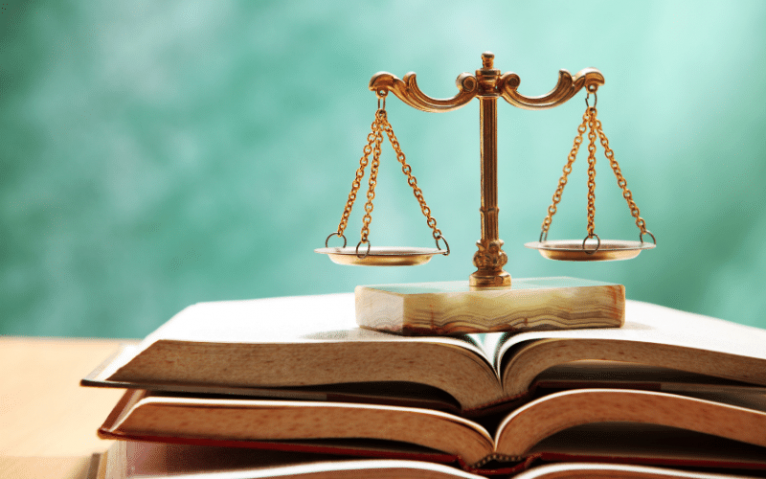Anonymity is genuinely the cornerstone of Alcoholics Anonymous. Without this time-honored convention, many addicts and alcoholics would not seek treatment. Mostly due to fear social repercussions or discrimination from peers and employers. The AA Sponsor Confidentiality Law hopes to change that.
What’s the AA Sponsor Confidentiality Protection Law?
A new Washington state law aims to protect the anonymity of individuals who are in addiction recovery. The hope is that taking anonymity more seriously will help provoke more struggling addicts to seek treatment.
The bill passed the House with a total of 94 votes, receiving unanimous support from the Senate. While Governor Jay Inslee initially vetoed it, the legislature voted to override the veto and officially made SB 6498 into law.
This law’s primary goal is to protectpeople in recovery and their program sponsors. Neither party can be called on in court to testify in civil proceedings. And while this law does not apply to criminal proceedings, it is undoubtedly a big step in the direction of improved confidentiality for those involved in 12-step programs. However, it’s important to note that this rule does not apply to criminal proceedings.
Who’s a Sponsor?
According to the ruling, a sponsor is someone who provides “guidance, emotional support, and counseling in an individualized manner to a person participating in an alcohol or drug addiction recovery fellowship”—are now among the list of people who are allowed “privileged communication” like doctors, lawyers, counselors, journalists, and spouses.
Breaking Anonymity in AA
One of the most important guiding principles of AA is anonymity, being present in at least three of their 12 traditions. In particular, tradition 11 says, “Our public relations policy is based on attraction rather than promotion; we need to always maintain personal anonymity at the press, radio, and film level.”
Most AA meetings start with, “What you see here, what you hear here when you leave here, let it say here.” Having this mantra is what helps everyone feel safe, supported, and confident.
Fast forward to today, and you probably know more than one person who’s a proud member of AA. People everywhere are documenting their experience with alcohol abuse recovery and proudly breaking anonymity. After all, just because an organization has its principles doesn’t mean it is right for everyone.
Why This Law Is Important
Drug and alcohol addiction is a growing issue in today’s society. One of the most effective treatments is to have a support system in place. According to the bill’s sponsor and Senate Majority Floor Leader Sen. Joe Fain, enacting the bill was a step towards ensuring significant recovery among those in treatment for substance abuse:
“Providing additional protections for that relationship is key to effective treatment and will help people in need better address their addiction,” said Fain in a statement.
Whether more states will follow the same idea remains unknown. But understanding anonymity and the power it can have to those in substance abuse treatment might be what other states need to learn to enact more bills like this one.









